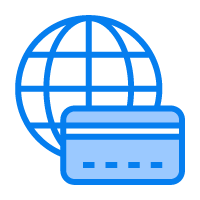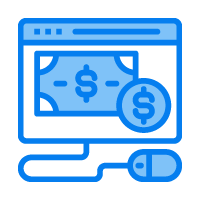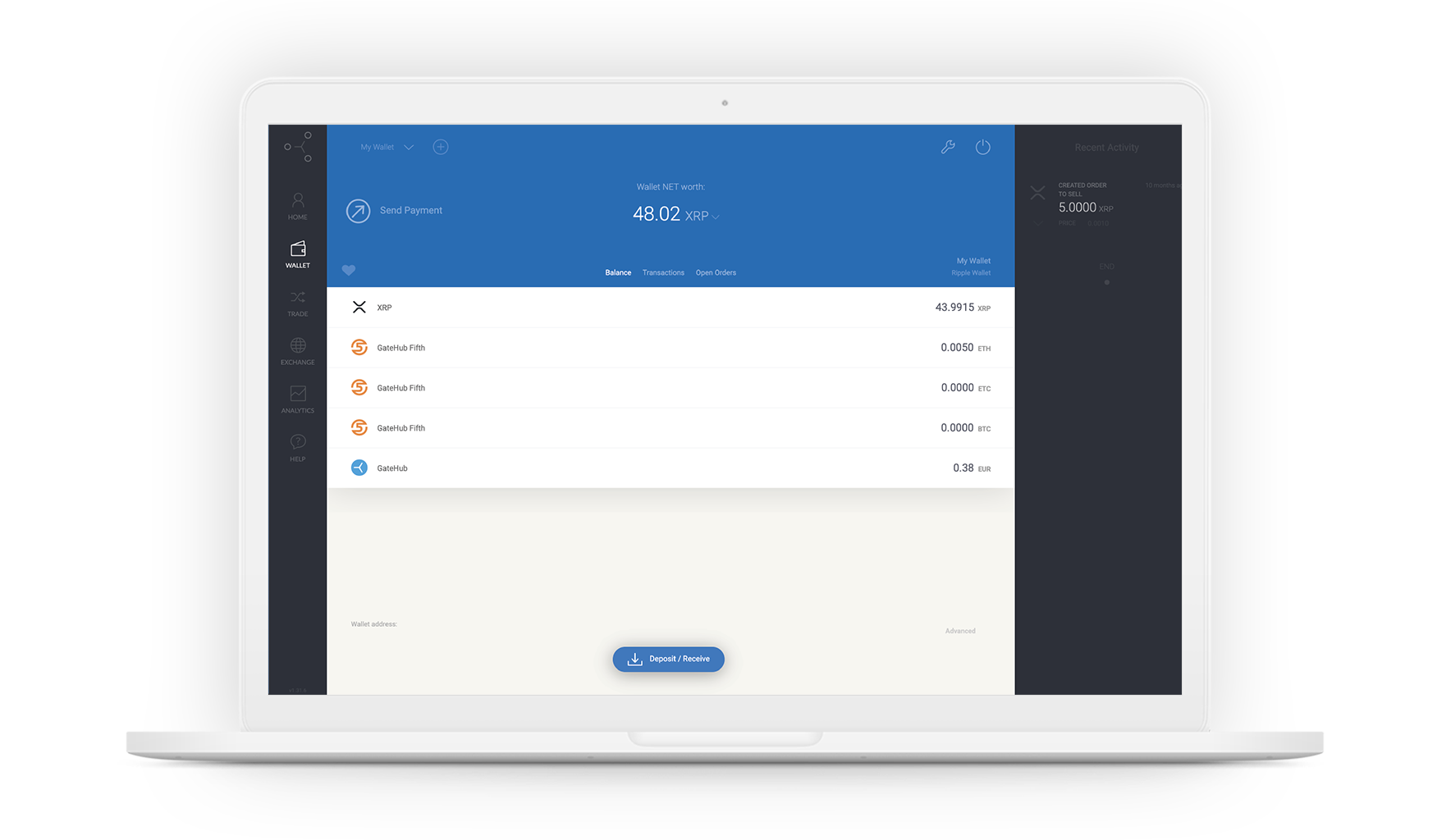In the Beginners Guide to Cryptocurrency article we mentioned the three most common uses of cryptocurrency: buying goods, investing, and mining. But what are other blockchain and cryptocurrency use cases that can potentially make our everyday life more comfortable?
At the beginning of cryptocurrency’s existence, many people didn't take it seriously and thought of it as a joke or even a financial scam. Cryptocurrency and its users have come a long way since then. The general public learned of cryptocurrencies, and many found it credible and an exciting asset to add to more traditional financial assets. Some people trust cryptocurrencies to be a reliable way of income and unit of exchange. In contrast, others see the technology behind cryptocurrencies as the source of the kind of breakthrough that would change the world. Blockchain technology's innovative and distinct characteristics include automation, decentralization, and transparency. This can be applied to various industries, creating a multitude of use cases. From the gaming industry to healthcare, and even charity, the technology behind crypto has become increasingly useful. Let's take a look at some of the cryptocurrency and blockchain use cases that already exist or will exist in the near future:

International Payments
Blockchain provides a way to securely and efficiently create a tamper-proof log of sensitive activity. This makes it great for international payments and money transfers. Blockchain enables customers to make same-day or next-day international money transfers. Automating the entire process on the blockchain reduces the number of intermediaries typically required in these transactions, making the process more efficient. Blockchain technology can also be used to decrease the cost of these transfers by reducing the need for banks to settle transactions manually.

Healthcare
Blockchain-based healthcare solutions will enable faster, more efficient, and safer management of medical data and tracking of medical care. It can also be used for tracking drugs through the supply chain and managing patient data. Blockchain can offer hospitals significant security benefits, as hackers often attack these institutions because of the high value and reliability of the data they store. Companies are exploring the use of the technology as a way to store digital health records. This could significantly improve patient care, facilitate progress towards medical discoveries, and ensure the authenticity of medications circulating in global markets. These solutions can also reduce overall costs while improving data privacy and accuracy.

Internet of Value
The vision of the Internet of Value is to make sending value as easy as sending information. Simply put, the Internet of Value refers to a webspace based on blockchain in which individuals can instantly transfer value to each other, negating the need for a middleman and eliminating all third-party costs. Theoretically, the monetary or social value can be transferred between parties, including currency, property shares, and even elections.

Website monetization
Website monetization is the process of making revenue from the traffic coming to a website having monetization enabled. Coil uses Web Monetization, a proposed open web standard built on Interledger that enables streaming of micropayments in any currency. Users can enable web monetization for payment streaming through polyfill or an extension. Content creators can implement it by adding a line of code to their website or specifying a streaming channel for web monetization.
GateHub recognizes the importance and value of Web Monetization. In efforts to improve the ways of rewarding creators GateHub has partnered with Coil to support the future of Web Monetization. You can read the press release about our partnership here.
Are you a creator?
Are you interested in
getting started on monetizing your content?
It’s as easy as 1, 2, 3. Here’s how:
Detailed instructions can be found in our support article here.
 Get Started!
Get Started!

Governance
Blockchain technology can significantly improve governance in different sectors by managing networks and operations in a more democratized, fair, and secure way. Blockchain-based systems can be used as a tool to eliminate voting fraud and the need for trust during elections or other constitutional proceedings. They can also be used as a powerful weapon against corruption, improving data integrity and traceability in various scenarios, from tax collection to the distribution of financial aid.

Real Estate
The average homeowner sells their home every five to seven years, and the average person will move around almost 12 times in their lifetime. With such frequent movement, blockchain could undoubtedly benefit the real estate market. It would speed up home sales by quickly checking finances, reduce fraud thanks to encryption, and offer transparency throughout the sale and purchase process.

Gaming
Gaming is another use case where the blockchain adds real value. The assets in the game are big business, and the virtual commodity market is worth more than $50 billion. However, without a blockchain, the assets themselves have no core value and are under the control of game developers and game publishers. Cryptocurrencies may be set to change the gaming sector, allowing users to take full ownership of their assets.
There are other applications in the gaming sector as well. Paying royalties is a constant challenge. Microsoft Xbox developers have been working to resolve payment delays of up to 45 days due to problems with manual calculations and distribution. The company worked with Ernst & Young to develop an automated blockchain-based copyright payment solution and create a more efficient, simplified process. (Source)

Charity
Many charities worldwide are working on addressing the challenges of resource management, business transparency, and effective governance. Blockchain technology can certainly help these foundations to optimize the process of receiving and managing funds.

Media
Media companies have already started using blockchain technology to eliminate fraud, reduce costs, and even protect intellectual property rights (IP) in terms of content such as music records. According to MarketWatch, the global blockchain market in media and entertainment is expected to reach $1.54 billion by 2024. (Source)

Oil and Energy
Oil and gas companies are suffering from the infrastructure they cover and transparency, efficiency, and optimization issues. Blockchain technology could be used to conduct energy supply transactions and as a further basis for metering and billing processes. Other possible applications include documentation ownership, asset management, guarantees of origin, emission rights, and renewable energy certificates. Blockchain solutions for companies can significantly increase process efficiency and reduce costs associated with the operation and distribution of oil and gas.
Blockchain technology and cryptocurrencies are not a fad - they are here to stay. Together, these technologies will also transform many different industries and aspects of life.